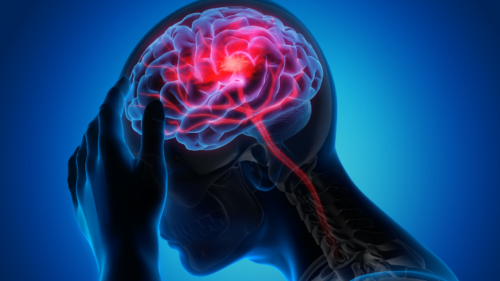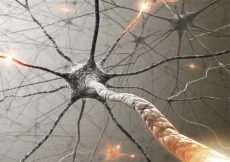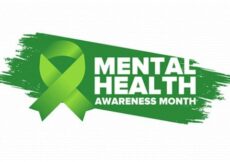February 23rd, 2022
Last week on The PediaBlog, we considered COVID’s devastating impact on children’s mental health two years after living through a disruptive and deadly pandemic. Fear of the unknown, grief from losing grandparents, parents, and other family members and acquaintances, social isolation during and after lockdowns, and economic hardships experienced due to family job losses and, more recently, inflation, have had severe impacts on the mental health of everyone, especially young people. And all of this has been happening as interactions between humans have grown dark and mean in the past several years.
As we close in on one million fatalities from COVID-19 in the United States (nearly six million worldwide), let’s remember all the people who got sick from coronavirus and survived. At a minimum, about 80 million Americans tested positive for SARS-CoV-2 and survived. (Plenty more tested positive at home where reporting is not required, and many others didn’t or couldn’t test at all.) Many of the survivors were left with serious and long-term health problems. Children, teenagers, and adults with “brain fog” and other long COVID symptoms were all directly injured by the aggressive virus that targets every organ system.
How about mental health? Pam Belluck says a new study published in last week’s British Medical Journal suggests that infection with coronavirus may increase the risk of developing mental illness. None of the 154,000 adult patients included in the study had mental health concerns or treatments in the two years prior to their bout with COVID-19:
People who had Covid were 39 percent more likely to be diagnosed with depression and 35 percent more likely to be diagnosed with anxiety over the months following infection than people without Covid during the same period, the study found. Covid patients were 38 percent more likely to be diagnosed with stress and adjustment disorders and 41 percent more likely to be diagnosed with sleep disorders than uninfected people.
It’s important to note here that most study patients did not develop a mental health problem:
Only between 4.4 percent and 5.6 percent of those in the study received diagnoses of depression, anxiety or stress and adjustment disorders.
“It’s not an epidemic of anxiety and depression, fortunately,” Dr. Harrison said. “But it’s not trivial.”
The researchers made other discoveries about their study cohort:
• Patients with COVID-19 were 80% more likely to develop brain fog, confusion, forgetfulness, and other cognitive impairments compared with those who didn’t have the infection.
• Opioid use disorders were 34% more likely to develop, possibly from chronic pain prescriptions.
• The risk of developing non-opioid substance use disorders like alcoholism was 20% higher in COVID patients compared to those without COVID.
•Prescriptions for depression were 55% higher in patients with COVID than in those without; treatment with anti-anxiety medications was 65% higher.
Belluck says the severity of COVID-19 was a factor in many of the patients who were studied:
The study found that patients hospitalized for Covid were more likely to be diagnosed with mental health issues than those with less serious coronavirus infections. But people with mild initial infections were still at greater risk than people without Covid.
The study’s authors urge greater attention on understanding, preventing, and treating COVID-19. “Failure to attend to the risks of long covid,” they say, “risks amplifying the profound losses we have experienced in this global pandemic.”
The body of evidence on long covid—from our work and others—suggests the need to reframe our thinking about SARS-CoV-2. It is not only a respiratory virus; it is a systemic virus that may provoke damage and clinical consequences in nearly every organ system—including mental health disorders and neurocognitive decline.




































